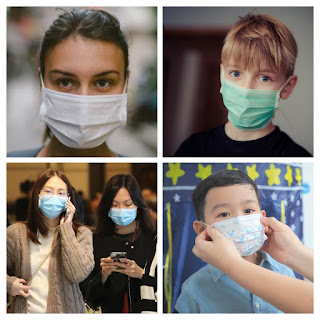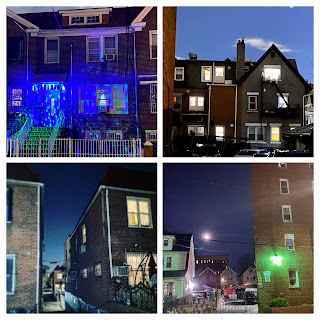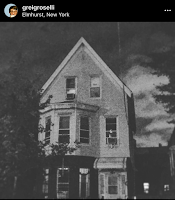Francis Xavier Levy, Jr. passed away on Tuesday morning - Frank was a friend and a mentor to me. I’ll miss him terribly. I met him and his wife Bonnie when I was a volunteer page at the Mandeville branch of the Saint Tammany Parish Library. I was a teenager. I shelved books. But when Frank would visit the library, he and Bonnie enlisted me in their Stories in Motion program - I’ll never forget Flutterby the Butterfly (played fabulously by Bonnie Bess Wood). We even made the pages of the Saint Tammany edition of the New Orleans newspaper The Times-Picayune (My mom saved the clipping). I was the lepidopterist. That was about twenty-seven years ago (if I did the math correctly). I'll never forget Frank. He was (and is) a tour de force. Here are several things I learned from Frank Levy:
- A great movie is a work of literature.
- Wal-Mart is better at 3 AM.
- Calculate the seconds it takes your local traffic light to turn red (and use this knowledge to help you know when to leave your house during rush hours).
- Sappho is awesome.
- Every kid can have a starring role.
- Back in 1992, Frank was already using the World Wide Web - and he taught himself HTML. I’ll never forget learning how to browse the web from him.
- Read. READ. Read.
- Stay quiet backstage.
- But own your lines on stage.
- Stage combat!
- Homemade beef jerky (DM me for the recipe).
- Talk to strangers. If they appear friendly. And invite them to dinner.
- Ask, and people might give you what you want.
- Frank was the lonely kid growing up. But as an adult, he dedicated his life to making kids happy.
- Your past doesn’t define you.
I’m sure I’ll think of more after I click “share now.” If you knew Frank Levy, please add to my list.
 |
| Frank and his wife Bonnie |






